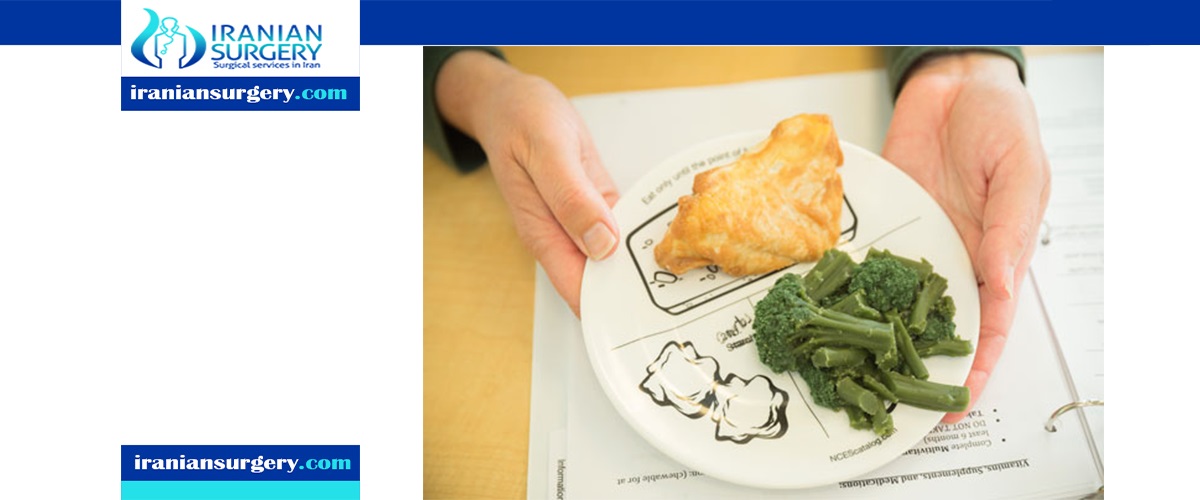Risks and Side effects of Mini Gastric Bypass
Is Mini Gastric Bypass Safe?
How much weight can you lose with mini gastric bypass?
Is the mini gastric bypass reversible?
As with any surgical procedure, the mini-gastric bypass surgery has a risk profile which is important to understand before proceeding. The following is a comprehensive list of issues which can occur. Most of these complications are very rare and 90–95% of patients have no issues. This list is extensive and is not intended to worry you, but simply inform you about the range of possible complications, regardless of how rare the issue may be.
Possible early complications:
Serious complications are those requiring emergency reoperation or any other intervention like endoscopy, transfusion of blood or blood components or mandating stay in the hospital for more than 7 days.
In our practice the most likely early complication has been postoperative bleeding (1% of patients). Usually the bleeding stops itself and isn’t so great that the blood transfusion is needed.
Other early complications (occurrence 0.5%) may be: peritonitis; thrombus of deep veins and lung artery; myocardial infarction; pneumonia; abdominal abscess; wound infections; hernias at the surgical site, ulcers.
90% of complications that need additional special medical care, occur within 48 hours after surgery, when patient is still in hospital.
Read more about : Weight loss surgery podcast with Dr Rashki
Read more about : Gastric sleeve surgery, Before and after Photo after 3 months
Read more about : Weight loss surgery, Before and after Photo after 6 months
Read more about : Weight loss surgery, Before and after Photo after 6 months
Read more about : Liposuction Podcast with Dr. Afshan shah
Read more about : Abdominoplasty and Breast reduction and bbl surgery , before and after surgery videos
Read more about : Gastric balloon diet
Read more about : How to tone up after gastric bypass?
Read more about : Duodenal switch after gastric sleeve

Long-term complications & side effects of mini gastric bypass
. Internal hernia – Risk of internal hernia is considerably lower after mini-bypass (1:500) than after standard gastric bypass (2:100). Occasionally the loops of bowel in the abdomen can become entangled and get stuck. If this occurs, a reoperation is required to fix the problem.
. Adhesions – Any procedure in the abdomen can cause adhesions (scar tissue). This can occur any time after the operation and can sometimes cause problems with the bowel getting stuck or twisted. This may require hospitalization and may even require re-operation.
. Gastro-esophageal reflux – If reflux occurs post-operatively some patients may require acid-suppressing medication. This operation should be avoided for those people with severe symptoms of reflux prior to surgery.
. Dumping syndrome – Dumping syndrome is a group of signs and symptoms that usually occurs due to poor food choices. It is the result of high sugar foods passing too quickly into the small intestine. Symptoms can include cramping, nausea, dizziness, weakness and fatigue. Dietary advice to avoid dumping is provided by the clinic’s dietician.
. Malabsorption of vitamins and minerals – Low levels of iron, B12 vitamin and other micronutrients can occur even if recommendations for supplementation are followed. For this reason, regular follow-up visits and blood tests once a year are strongly recommended. Risk of malnutrition.
About Iranian Surgery
Iranian surgery is an online medical tourism platform where you can find the best bariatric Surgeons in Iran. The price of a Mini Gastric Bypass Surgery in Iran can vary according to each individual’s case and will be determined based on photos and an in-person assessment with the doctor. So if you are looking for the cost of Mini Gastric Bypass Surgery in Iran, you can contact us and get free consultation from Iranian surgery.
Read more about : Skin problems after bariatric surgery
Gastric Bypass Risks and Complications
The Risks and Complications of Gastric Bypass are as follows:
. Breakage
. Dumping syndrome
. Gallstones (risk increases with rapid or substantial weight loss)
. Hernia
. Internal bleeding or profuse bleeding of the surgical wound
. Leakage
. Perforation of stomach or intestines
. Pouch/anastomotic obstruction or bowel obstruction
. Protein or calorie malnutrition
. Pulmonary and/or cardiac problems
. Skin separation
. Spleen or other organ injury
. Stomach or intestine ulceration
. Stricture
. Vitamin or iron deficiency

